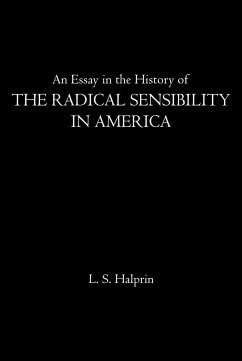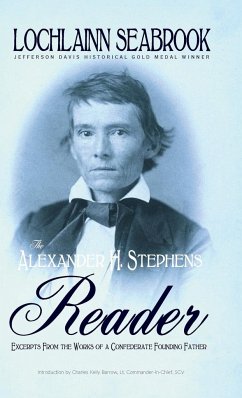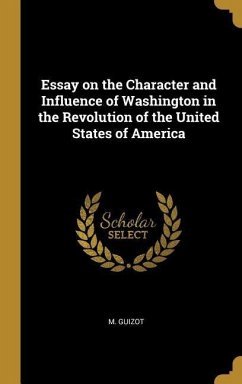How do you use the word "radical?" Committed to the progressive? The cooperative? The communal? The equalitarian? In so far as social, political, and economic power is sought and wielded in malice, just so far is benevolence radical. The history of social, political, and economic power has been mostly the history of malice. The history of benevolence has been mostly the history of radicalism. The sensibility that loves benevolence has been a radical sensibility. In An Essay in the History of the Radical Sensibility in America, L.S. Halprin argues that before the middle of the nineteenth century the work of all American radicals was organized to defend some form of sentimental faith in millennial progress; that the work of the great writers of the middle of the nineteenth century was the first to be fundamentally free of the constraints of sentimentality; that despite that generation's accomplishments, the old sentimentalities have persisted, perpetuating the cycle in which illusions designed to make radicalism's chances seem better than they are become the disillusions which make them seem worse. Along the way, Halprin unfolds something of the contribution of Edgar Alan Poe, Nathaniel Hawthorne, Herman Melville, and Walt Whitman to the specific content of the radical sensibility in America. Since the middle of the nineteenth century, the radical's work has been primarily to accomplish political power. That work and the frustrations of it often leave little energy for the pursuit of a thoroughgoing self-awareness. Halprin's analysis is particularly useful now to remind readers of both the sentimentalities and the wisdoms from which we come.
Hinweis: Dieser Artikel kann nur an eine deutsche Lieferadresse ausgeliefert werden.
Hinweis: Dieser Artikel kann nur an eine deutsche Lieferadresse ausgeliefert werden.







